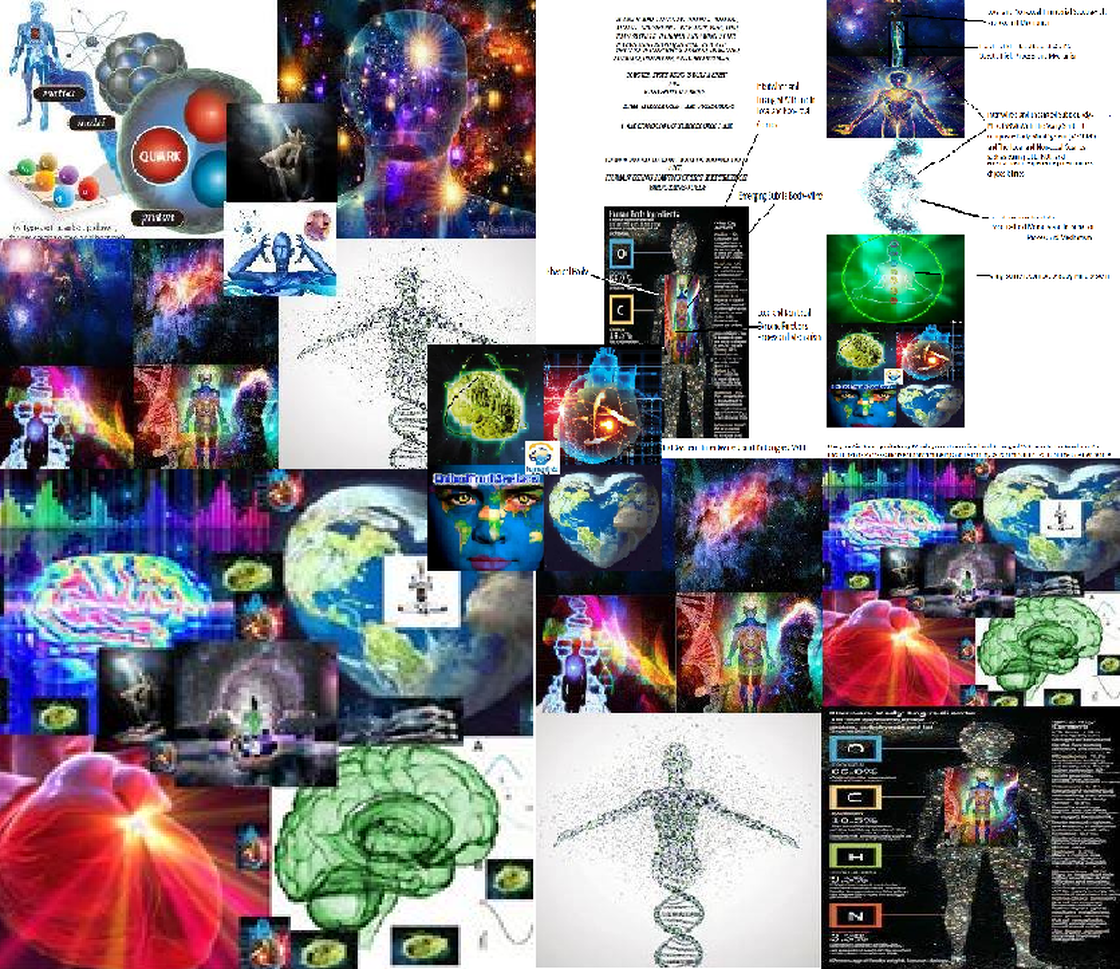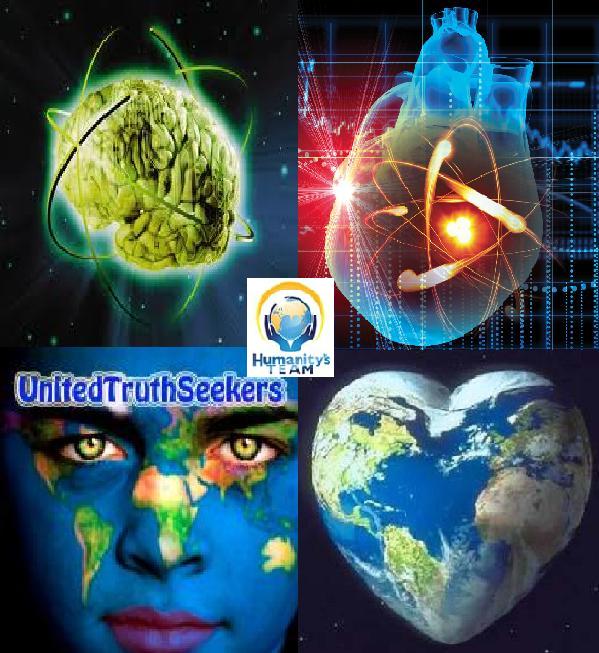PHILOSOPHY AND SCIENCE OF BEING AND BECOMING !
PHILOSOPHY OF MEANINGFUL TRANSFORMATION, ASCENSION, AND BLISS !
SCIENCE OF TRANSCENDENCE AND KNOWING !
PIONEERING, DEVELOPING, AND ADVANCIND LEADING CUTTING EDGE SCIENCE-TECHNOLOGY AND BEYOND !
OPEN, INCLUSIVE, DYNAMIC, TRANSPARENT, AND HOLISTIC PHILOSOPHY AND SCIENCE FOR AN INTERDEPENDENT AND INTERCONNECTED WORLD!
BE THE TRANSFORMATION
ONE WANTS TO SEE
IN THE WORLD !
ONE WANTS TO SEE
IN THE WORLD !


 RSS Feed
RSS Feed
